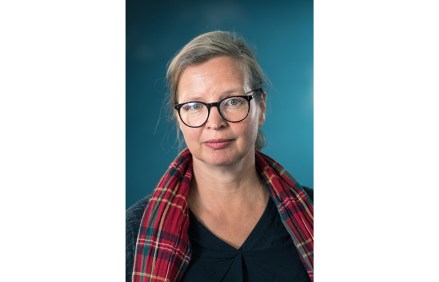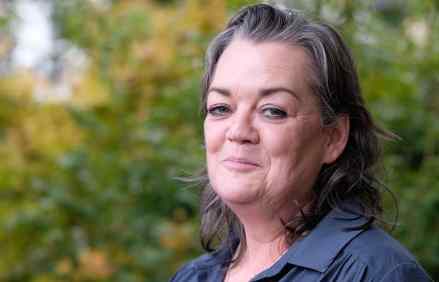A tale of impossible love: The End of Drum Time, by Hanna Pylväinen, reviewed
In the arctic borderlands in the 1800s Finns and Swedes have come to live among the Sami. Missionaries and traders, they have brought alcohol and Protestant teaching. ‘Mad Lasse’ is what the locals call the preacher, and mostly they keep their distance, staying with their reindeer out on the tundra, following their ancient customs. Some, though, have been awakened. Hanna Pylvainen’s novel opens with Biettar, a Sami widower, brought to church by an earthquake – by a voice he heard among the tremors. In his fur trousers, stinking of smoke and reindeer, he falls to his knees before Mad Lasse, declaring himself with God. So the preacher exerts his pull,





